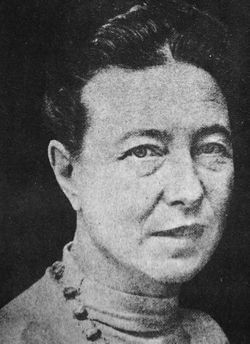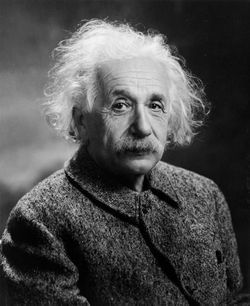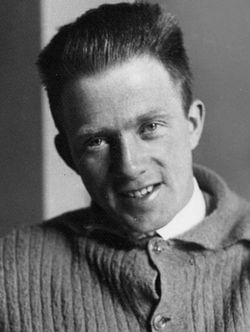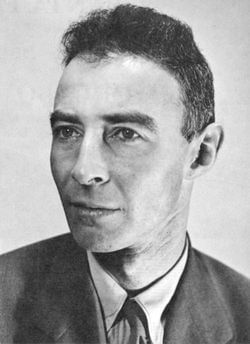
Photo Attribution: Sailko, CC BY 3.0 https://creativecommons.org/licenses/by/3.0, via Wikimedia Commons
Averroes
This example has been viewed 226x times
Summary
Rodden Rating
Analysis for Averroes
Biography
Ibn Rushd [a] (14 April 1126 – 11 December 1198), archaically Latinized as Averroes,[b] was an Andalusian Muslim polymath and jurist who wrote about many subjects, including philosophy, theology, medicine, astronomy, physics, psychology, mathematics, neurology, Islamic jurisprudence and law, and linguistics. The author of more than 100 books and treatises,[1][2] his philosophical works include numerous commentaries on Aristotle, for which he was known in the Western world as The Commentator and Father of Rationalism.[3][4]
Averroes was a strong proponent of Aristotelianism; he attempted to restore what he considered the original teachings of Aristotle and opposed the Neoplatonist tendencies of earlier Muslim thinkers, such as al-Farabi and Avicenna. He also defended the pursuit of philosophy against criticism by Ash'ari theologians such as Al-Ghazali. Averroes argued that philosophy was permissible in Islam and even compulsory among certain elites. He also argued scriptural text should be interpreted allegorically if it appeared to contradict conclusions reached by reason and philosophy. In Islamic jurisprudence, he wrote the Bidāyat al-Mujtahid on the differences between Islamic schools of law and the principles that caused their differences. In medicine, he proposed a new theory of stroke, described the signs and symptoms of Parkinson's disease for the first time, and might have been the first to identify the retina as the part of the eye responsible for sensing light. His medical book Al-Kulliyat fi al-Tibb, translated into Latin and known as the Colliget, became a textbook in Europe for centuries.
His legacy in the Islamic world was modest for geographical and intellectual reasons. In the West, Averroes was known for his extensive commentaries on Aristotle, many of which were translated into Latin and Hebrew. The translations of his work reawakened western European interest in Aristotle and Greek thinkers, an area of study that had been widely abandoned after the fall of the Western Roman Empire. His thoughts generated controversies in Latin Christendom and triggered a philosophical movement called Averroism based on his writings. His unity of the intellect thesis, proposing that all humans share the same intellect, became one of the best-known and most controversial Averroist doctrines in the West. His works were condemned by the Catholic Church in 1270 and 1277. Although weakened by condemnations and sustained critique from Thomas Aquinas, Latin Averroism continued to attract followers up to the sixteenth century.
Name
Ibn Rushd's full, transliterated Arabic name is "Abū l-Walīd Muḥammad ibn ʾAḥmad Ibn Rushd".[5][6] Sometimes, the nickname al-Hafid ("The Grandson") is appended to his name, to distinguish him from his grandfather, a famous judge and jurist.[7] "Averroes" is the Medieval Latin form of "Ibn Rushd"; it was derived from the Spanish pronunciation of the original Arabic name, wherein "Ibn" becomes "Aben" or "Aven".[8] Other forms of the name in European languages include "Ibin-Ros-din", "Filius Rosadis", "Ibn-Rusid", "Ben-Raxid", "Ibn-Ruschod", "Den-Resched", "Aben-Rassad", "Aben-Rasd", "Aben-Rust", "Avenrosdy", "Avenryz", "Adveroys", "Benroist", "Avenroyth" and "Averroysta".[8]
Biography Early life and education Little is known about Averroes's early life.[9] Muhammad ibn Ahmad ibn Muhammad ibn Rushd was born on 14 April 1126 (520 AH[5]) in Córdoba.[10][11] His family was well known in the city for their public service, especially in the legal and religious fields.[11] His grandfather Abu al-Walid Muhammad (d. 1126) was the chief judge (qadi) of Córdoba and the imam of the Great Mosque of Córdoba under the Almoravids.[5][11] His father Abu al-Qasim Ahmad was not as celebrated as his grandfather, but was also chief judge until the Almoravids were replaced by the Almohads in 1146.[11]
According to his traditional biographers, Averroes's education was "excellent",[5] beginning with studies in hadith (traditions of the Islamic prophet Muhammad), fiqh (jurisprudence), medicine and theology. He learned Maliki jurisprudence under al-Hafiz Abu Muhammad ibn Rizq and hadith with Ibn Bashkuwal, a student of his grandfather.[5][12] His father also taught him about jurisprudence, including on Imam Malik's magnum opus the Muwatta, which Averroes went on to memorize.[13][14] He studied medicine under Abu Jafar Jarim al-Tajail, who probably taught him philosophy too.[15] He also knew the works of the philosopher Ibn Bajjah (also known as Avempace), and might have known him personally or been tutored by him.[11][12] He joined a regular meeting of philosophers, physicians and poets in Seville which was attended by philosophers Ibn Tufayl and Ibn Zuhr as well as the future caliph Abu Yusuf Yaqub.[14] He also studied the kalam theology of the Ash'ari school, which he criticized later in life.[15] His 13th-century biographer Ibn al-Abbar said he was more interested in the study of law and its principles (usul) than that of hadith and he was especially competent in the field of khilaf (disputes and controversies in the Islamic jurisprudence).[15] Ibn al-Abbar also mentioned his interests in "the sciences of the ancients", probably in reference to Greek philosophy and sciences.[15]
Source: https://en.wikipedia.org/wiki/Averroes
**** DISCLAIMER: The birthday of Averroes is reported on the web to be April 14th, 1126 AD (Julian) which we converted to Gregorian. We are not certain of the accuracy of this birthdate since none of the main astrology websites have casted a horoscope for averroes to date, so please use your own discernment. AI claims this birthdate to be consistent with all historical records related to Averroes. Gaia
Raw Data
Horoscope Data
Comments
Natal Data
1126-04-21 Unknown Time LMT
37° 53′ 21.5″ N 4° 46′ 45.4″ W
Córdoba, Spain











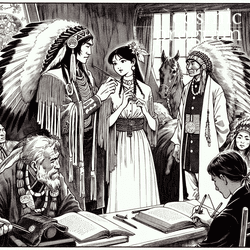






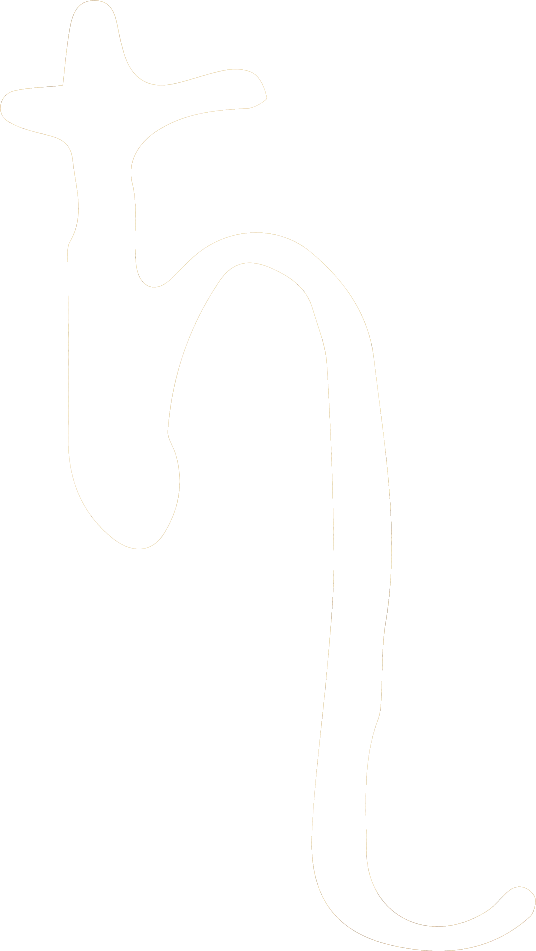

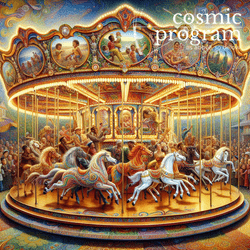



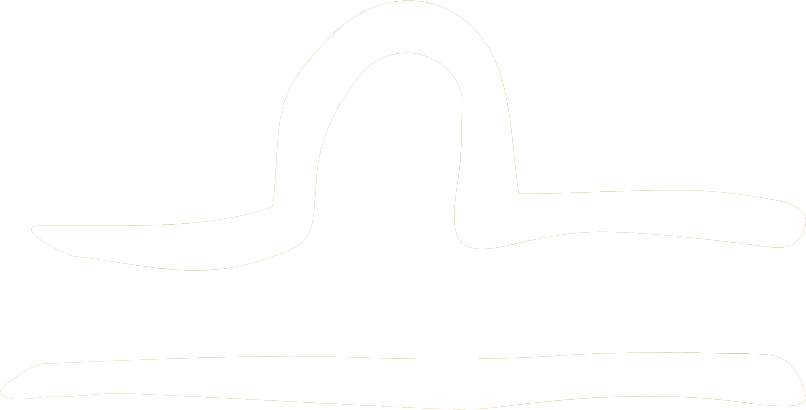




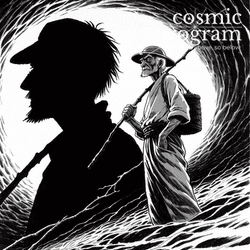











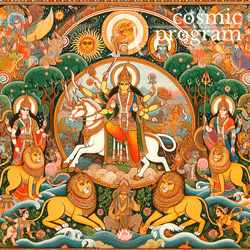
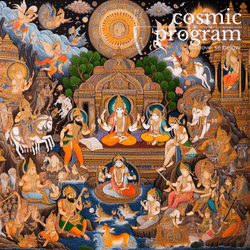

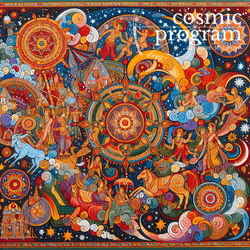
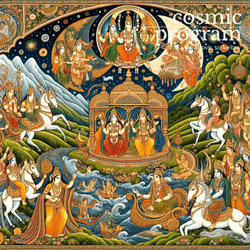
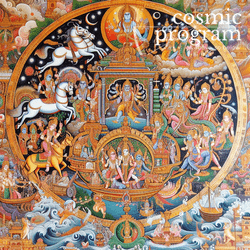
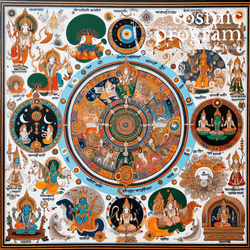
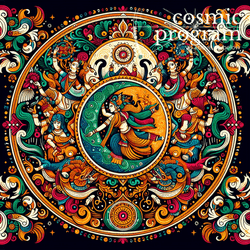
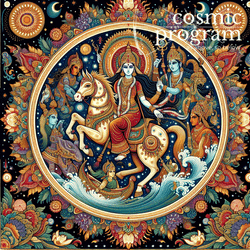

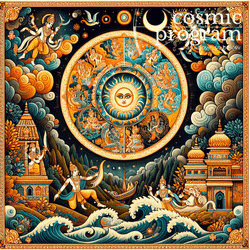
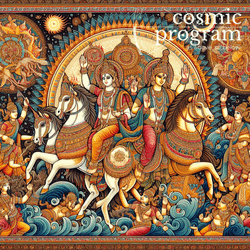
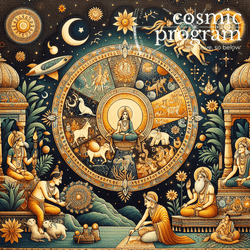
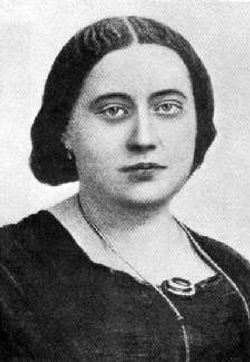
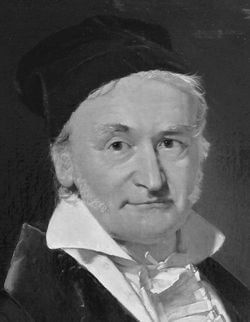
.jpg?bossToken=49322f64b79ba87d6472c753d43da97b5f3a253b2af4821d18b22eef61c7cec6)
.jpg?bossToken=fa3972357a2d4ab1de6ba32e4754a6fb0dbd6a7aba3ecb70206c2175fc2e8167)
